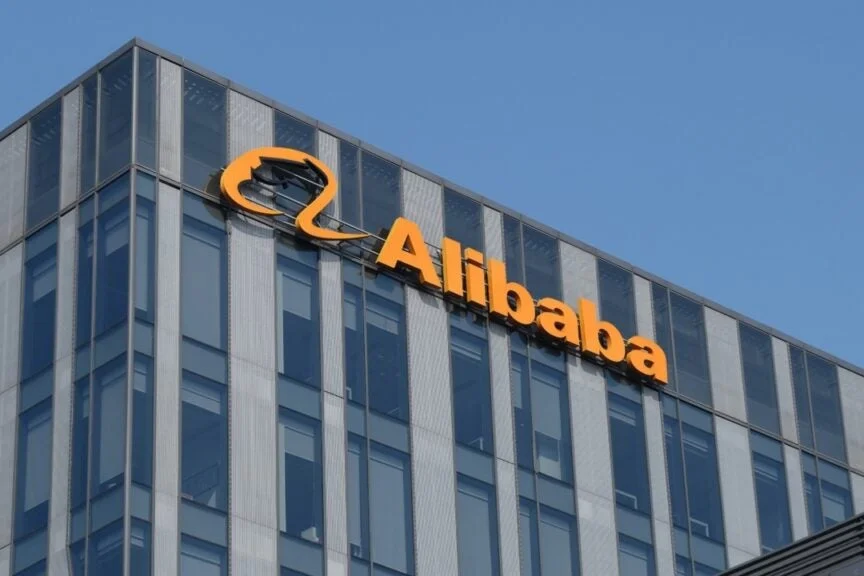
Alibaba Group Holding Ltd. BABA shares advanced in premarket trading Wednesday after reports that the company secured China Unicom as a major client for its artificial intelligence chips.
The move underscores Beijing’s push to build domestic alternatives as U.S. export restrictions cut off access to Nvidia Corp.’s NVDA most advanced accelerators.
Bloomberg, citing a CCTV video post, reported that the e-commerce giant has agreed to supply its Pingtouge, or “T-Head,” AI accelerators to the state-owned wireless carrier. China Unicom will install the chips in a major new data center in northwestern China, alongside accelerators from MetaX and Biren Technology.
Also Read: Jack Ma Back At Alibaba? What’s Going On
The agreement marks broader adoption of Alibaba’s homegrown T-Head chips, positioning them as rivals to Huawei’s Ascend processors and Cambricon’s offerings.
Alibaba has pledged 380 billion yuan ($53.5 billion) over three years to expand AI infrastructure, part of a strategy to lessen dependence on U.S. technology. CCTV confirmed earlier reports that Alibaba Cloud has already delivered tens of thousands of AI chips to Unicom’s facilities.
The momentum has fueled Alibaba’s stock performance, with shares up more than 91% year-to-date and recently surpassing their 52-week high of $163.
Meanwhile, China’s efforts to build a self-sufficient semiconductor supply chain gained another milestone. Semiconductor Manufacturing International Corp. (SMIC) has begun trial runs of the country’s first domestically produced advanced lithography machine, according to the Financial Times, which cited people familiar with the matter.
The deep-ultraviolet (DUV) tool was developed by Shanghai-based start-up Yuliangsheng and is being tested by SMIC to produce an advanced AI processor.
Until now, SMIC and other Chinese firms have relied heavily on ASML Holding NV’s ASML lithography systems, most of which were acquired before U.S. export controls restricted sales.
The Netherlands continues to ban shipments of ASML’s extreme ultraviolet (EUV) tools to China, effectively blocking domestic production of the cutting-edge chips that power Nvidia’s top AI models.
According to FT sources, SMIC is experimenting with a 28-nanometer DUV system and using multi-patterning techniques to achieve 7-nm output, with engineers suggesting yields could potentially extend to 5-nm.
For comparison, Taiwan Semiconductor Manufacturing Co. TSM is expected to begin mass production of 2-nm chips later this year using ASML’s EUV systems.
China is also stepping up EUV development. Shenzhen-based SiCarrier, a shareholder in Yuliangsheng, has launched the “Everest” project aimed at building EUV machines, though industry insiders say progress remains in its early stages.
Beijing has set a target to triple domestic chip output by 2026, largely by leveraging stockpiled ASML DUV equipment, with homegrown machines expected to contribute meaningfully by 2027.
Price Actions: BABA stock was trading higher by 2.34% to $166.01 premarket at last check Wednesday. ASML was down 0.72%.
Read Next:
ASML Invests Billions In Nvidia-Backed Mistral AI To Power Next Era Of Semiconductors
Photo via Shutterstock



